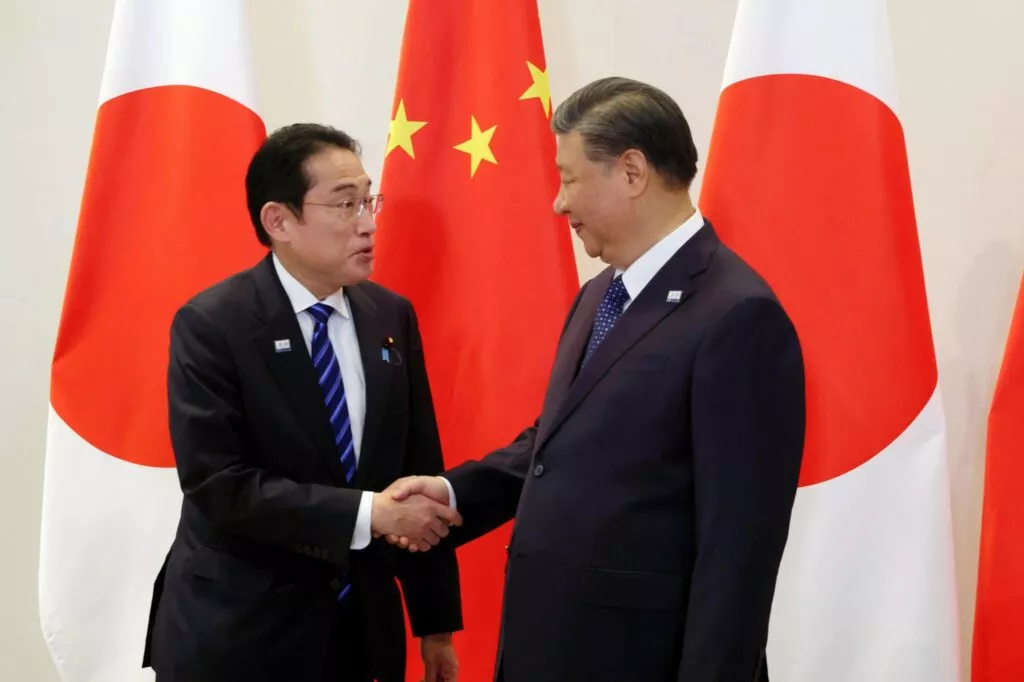### Navigating the Crossroads: Japan’s Trade Strategy Amidst US-China Tensions
In the intricate web of global trade, Japan has historically positioned itself as a key player by maintaining strong economic relationships with both China and the United States. However, the recent escalation in trade tensions between these two global giants is presenting new challenges for Japan’s diplomatic and economic strategies.
#### The Importance of Japan’s Economic Ties
Japan’s economy, the third-largest in the world, has been significantly shaped by its relationships with both China and the United States. These nations are not only its closest neighbors but also its largest trading partners. The economic dynamics between Japan and these countries have profound implications, influencing everything from industrial production to consumer markets within the region.
#### The Impact of US-China Trade Tensions
The ongoing trade disputes between the US and China have sent ripples across the global economic landscape, affecting countries and markets worldwide. As tariffs are levied and negotiations continue to face hurdles, nations like Japan find themselves in a precarious position, having to navigate a path that supports their economic interests without alienating key allies.
This situation forces Japan to reconsider its long-standing approach towards balancing its ties with both these world powers. The country’s strategy must evolve in response to shifting global dynamics, ensuring that it safeguards its economic interests while playing a pivotal role in regional stability.
#### Japan’s Strategic Response
In response to these challenges, Japan is exploring ways to strengthen its economic position while remaining a significant player on the global stage. The country is keenly aware of the need to manage its relationships with both China and the United States tactfully.
One approach could be diversifying its trade partnerships to reduce dependence on any single country. This includes strengthening ties with other Asian nations, as well as with European Union countries, through trade agreements that can provide new opportunities for growth.
Moreover, Japan is likely to invest in boosting its domestic industries such as technology and manufacturing, to build resilience against global market fluctuations. By fostering innovation and enhancing competitiveness, Japan can secure a stable economic future, regardless of external trade pressures.
#### The Role of Diplomacy
Diplomacy plays a crucial role in Japan’s strategy. Navigating the geopolitical landscape requires skillful diplomacy, particularly in maintaining a balance between the US and China. Japan must ensure that its moves are not seen as favoring one over the other, which could lead to increased tension or even retaliation.
#### The Way Forward
As Japan continues to chart its course through these turbulent waters, the decisions it makes will not only affect its national economy but also have broader implications for global trade norms and economic policies. The country’s ability to adapt and strategically maneuver through these tensions will be critical in determining its future economic stability and growth.
In conclusion, while the US-China trade tensions introduce complications to Japan’s economic landscape, they also present an opportunity for Japan to redefine its global economic strategy. By diversifying its economic dependencies and enhancing its diplomatic engagements, Japan can not only weather this storm but also emerge as a pivotal leader in shaping a balanced and dynamic global trade environment.










